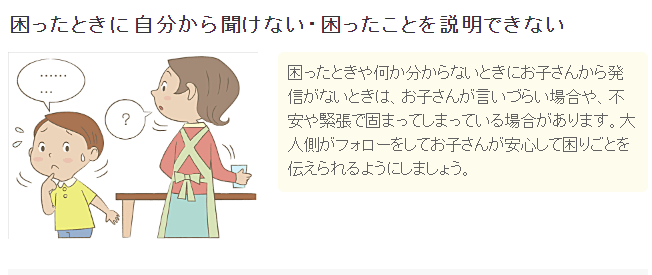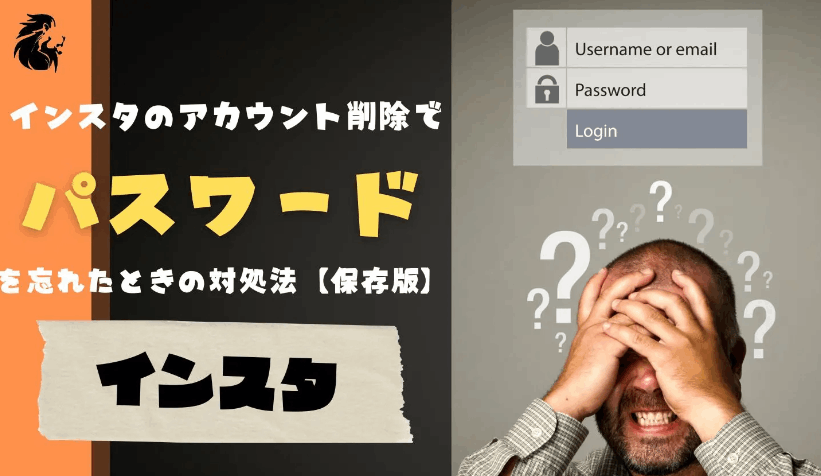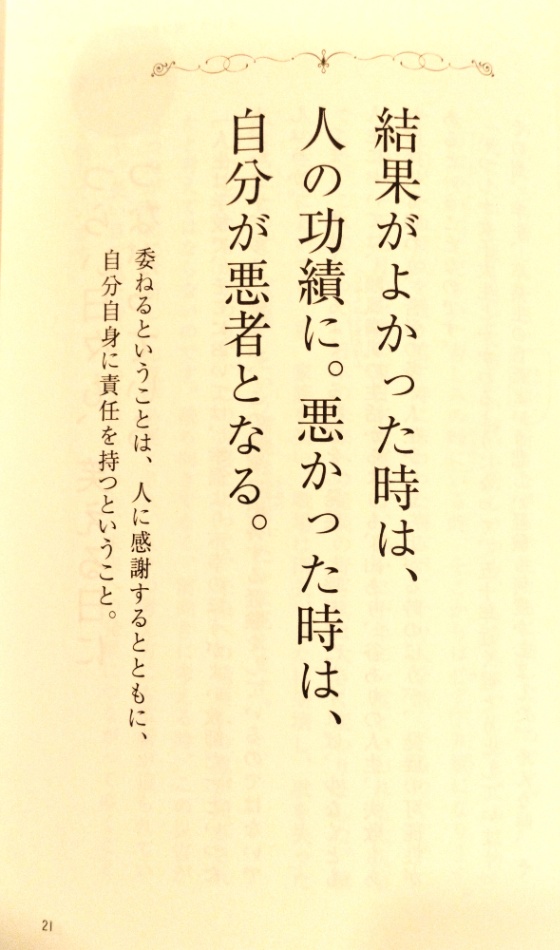とき (toki) Meaning Japanese Grammar - When
Anna Baffa Volpe
Get in touch with meThe noun とき (toki) means time, period, moment, age, hour and also has the meaning of when with the function of a conjunction used in time clauses.
We learn in this post the difference in usage and meaning of とき written in Hiragana and 時 transcribed in Kanji according to Japanese official texts and how they are actually used in everyday life.
We analyse together the various cases in which とき is used through real examples and material on the internet.
Differences between 時 and とき
とき transcribed in Kanji 時 is mainly used as a noun in its meaning of time, moment, period.
やるなら、今の時しかない。
If you want to do it, now is the time.
A popular ことわざ proverb:
- 時は金なり: "Time is money".
- 時をまつ: waiting for the (right) time
とき transcribed in Hiragana instead expresses a condition, a situation; it is translated with the temporal conjunction when and in some cases with the hypothetical conjunction if.
Let's see the difference through 2 examples:
- 時の流れ:
the passing of time; use as a noun - 困ったとき:
when / if I am in trouble; from the verb 困る in the past tense 困った; use as conjunction
Other examples of とき:
- 行けないときは: when / if I cannot go there
- いざというときは: it is a common Japanese expression that means
in case of need,in case of emergency
とき as a conjunction can be replaced by the structure 場合は.
⇨ 行けないときは becomes 行けない場合は: in case I cannot go
場合は (baai wa) means if, in the case of, in some cases.
These are the main differences that we read in the official texts. However, we can also find the Kanji 時 when it has a conjunction function in time clauses.
When とき is used
とき is used to express the moment at which certain states exist or certain actions occur.
とき links two sentences: it expresses in the subordinate clause the moment when the state or action described in the main clause occurs.
- Example with a い Adjective:
天気がいいとき、ジョギングします。
When the weather is good, I go jogging.
とき preceded by the verb in the present tense
The verb preceding とき is in plain form and can be in the present or past tense.
First case: Time Clause 1 with とき and Main Clause 2 are in the present tense.
紅茶を飲むとき、ミルクと砂糖を入れます。
When I drink tea, add milk and sugar.
やり方が分からない時は、私に聞いてください。
If you don't know how to do it, just ask me.
The use of the present tense often represents habitual actions.
- Example with a な Adjective:
暇なとき、いつもゲームをします。
In my spare time, I always play games.
とき expresses the time when the action takes place and depending on the sentence, can be translated as 'before' or 'after'.
ご飯を食べるとき、「いただきます」といいます。
Before eating, we say 'Itadakimasu'.
Second case: Time Clause 1 with とき in the present tense and Main Clause 2 in the past tense.
チケットを予約するとき、電話番号が必要でした。
When booking tickets, a phone number was required.
Literally: it was necessary (to communicate) the telephone number
とき preceded by the verb in the past tense
In this case とき is preceded by the past tense form and the Main Clause can be in the present or past tense.
First case: Time Clause 1 with とき in the past tense and Main Clause 2 in the present tense.
忘れ物をしたとき、家に取りに帰ります。
When I forget something, I go home to get it.
The action in Time clause 1 with とき occurs before the action in the Main Clause 2:
⇨ I forgot something, I go home and get it.
ご飯を食べたとき、「ごちそうさま」といいます。
When we have eaten, we say 'Go chisō sama'.
Second case: Time Clause 1 with とき in the past tense and Main Clause 2 in the past tense.
日本のおでんを食べたとき、とてもおいしくて感動しました。
When I ate Japanese ramen, I was so impressed by how delicious it was.
In this case both actions occur in a past time.
Examples of とき
疲れたときは、休んでください。
When you feel tired, please rest.
21歳のとき、日本に来ました。
I came to Japan when I was 21 years old.
Here is a sentence from a website that provides psychological support to mothers in the communication with their children.

困ったときに自分から聞けない。困ったことを説明できない。
I can't ask for help when I'm in trouble. I can't explain what I'm struggling with.
In the previous 2 sentences we find the use of 2 potential forms expressed by the suffixes れる / られる and by the verb できる.
- 聞けない
can't ask - 説明できない:
can't explain

インスタのアカウント削除でパスワードを忘れたときの対処法
What to do if you delete your Instagram account and forget your password.
とき formally is a noun, so it can be followed by particles.
The literal translation of the last sentence is: 'Solution method (対処法) in the case you deleted your Instagram account and forgot your password'.
Sentence from a Japanese essay:

結果がよかった時は、人の成績に。悪かった時は、自分が悪者となる。
When the results are good, it is attributed to others. When the results are bad, it is attributed to oneself.
We can also translate as: "When the results are good, it is thanks to others. When they are bad it is our fault.
As I mentioned in the post, we can also find とき in Kanji 時 when it functions as a conjunction in the time clause.
Similar grammar points in Japanese 📚
~ていく
~ていく (teiku) Meaning Japanese Grammar - Keep Doing
てよかった
てよかった (te yokatta) Meaning Japanese Grammar - I'm Glad That...
それでもいい
それでもいい (soredemoii) Meaning Japanese Grammar - It's Fine
それでも
それでも (sore demo) Meaning Japanese Grammar - Still
させられる・せられる
させられる・せられる (saserareru serareru) Meaning Japanese Grammar - To Be Made To Do Something
ないで
ないで (naide) Meaning Japanese Grammar - Without Doing